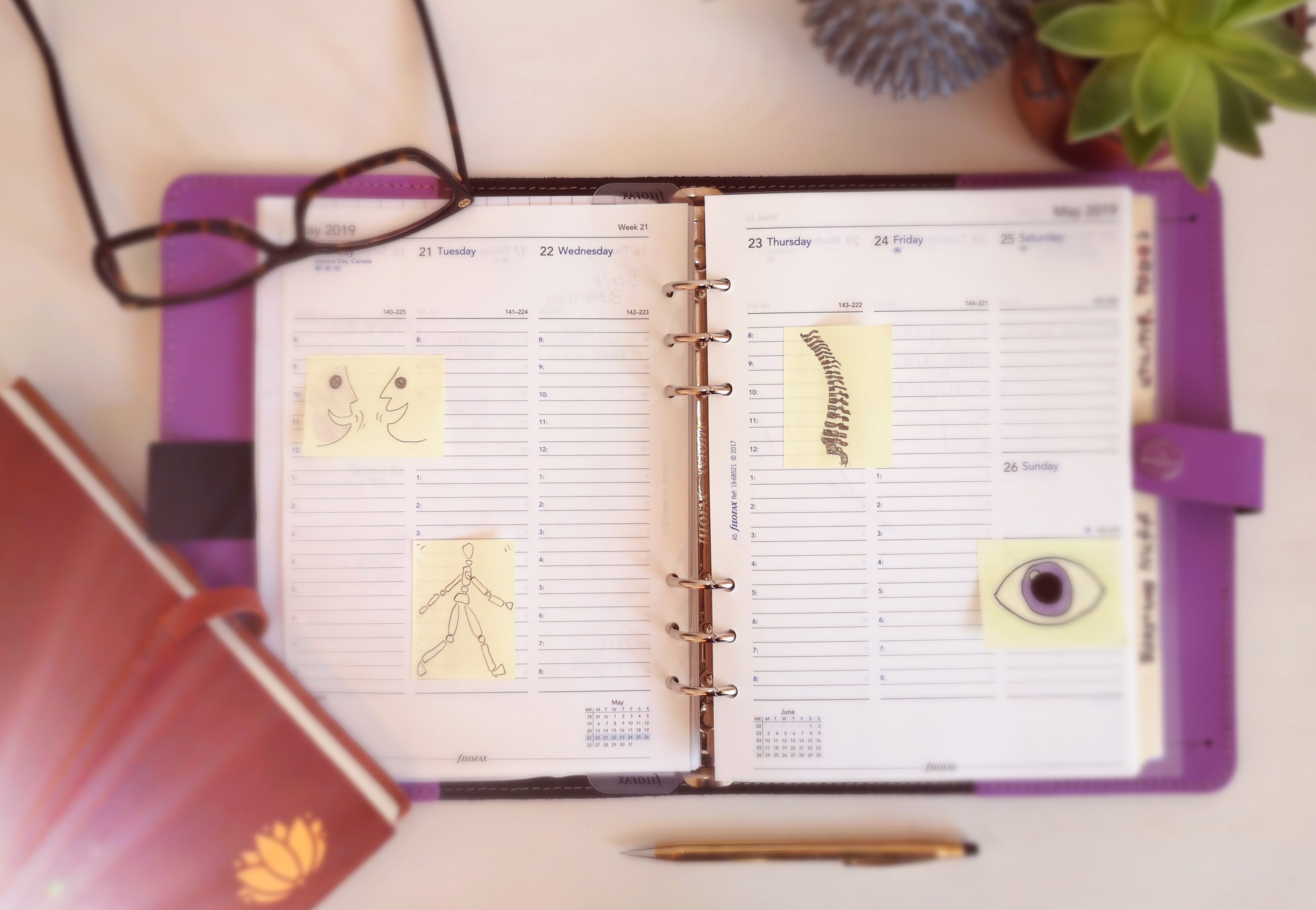Anyone with long term back pain will tell you, it gets you down, affects your productivity and stops you getting out there and being active. Interestingly this relationship is a two-way street. According to the aptly named journal Spine, depression and low mood can also increase the likelihood of getting back pain.
The Lancet has declared that ‘back pain is a major problem and getting worse’. Particularly in those of us with sedentary jobs. If you add to that lack of activity, poor sleep quality and the burnout epidemic. Chances are, you are reading this with a niggle in your back.
Here comes the good news. More and more studies are becoming available on the different ways we can reduce back pain from a holistic, person centred approach. This is worth knowing because it provides an opportunity to challenge our pain and shift our mood on multiple levels.
A combination of education, exercise, and mindfulness are being cited as the champions in the battle against back pain (NICE 2016). Here are 5 nuggets from a specialist Physiotherapist that you can implement to help reduce stress, inactivity, and stop that back grumble from turning into big noise…
1. Recognise
Early identification is key. Sitting in a long meeting? Stressful conference call? If you’ve had back pain for any length of time you’ll know that there are certain things guaranteed to give your spine a strop. Start by managing those triggers first; arrange a standing or walking meeting, tackle your difficult call early in the day when you are rested. Lacking sleep? Hydrate, exercise, and don’t take on any more than is necessary. The word ‘No’ is your ally to keep you from adding extra weight to those shoulders.
2. Breathe
This is by far my favourite tool in nipping back pain where it hurts. Why? It’s portable, discreet, you are well equipped for it and lastly, it works. Mindful breathing leads to reduced physiological stress levels helping muscles to relax, which in turn decreases the volume on pain. Physiotherapists use it to get patients through acute muscle spasm, help regain movement and reduce the onset of pain. Powerful stuff in a puff of air.
Try this: Breathe in for a count of 4 and out for a count of 5. Repeat 4 times. How do you feel? Relaxed, centred? Try this at least 5 times a day and use it to connect with your body in a positive way. A chance to say thank you to your spine for all of the amazing things that it can do.
3. Move
The National Institute for Clinical Excellence recommends group exercise to combat back pain. Here’s the best bit, it can be any exercise you enjoy! So, go to that exercise class, jump in that kayak, or stomp down to that beach. Moving is great, moving with friends is even better. It ticks the box of creating a supportive network before and after an episode of back pain. Next bonus? Offloading your day to a friend and in turn offering to support them in their struggles will give you a mood boost of serotonin that, you guessed it, reduces the pain experience. Back ache? What back ache?
4. Return to Work
Working gives us purpose, studies have shown that full time employment helps reduce back pain. Even on those days when it feels like a mountain to climb. It’s important to remember that work is not just for our employer, but also for us. Working is an opportunity to serve a purpose, give your expertise to others and socialise! With altruism as a great source of feel good vibes (great for reducing pain and stress hormones), do a little something for a co-worker to make you both feel good. Spending a few moments every morning pondering the benefits of your job will energise you for a positive day.
5. Talk
It’s easy to overlook back pain as just a physical symptom. In physiotherapy the spine was once nicknamed ‘the emotional joint’ (move over the humble heart). We are starting to understand that back pain can really get into your head, stopping you from doing activities you enjoy, relaxing and being productive. All this results in a low mood which, over time can develop into anxiety and depression. Equally, depression often teams up with low self-esteem and reduced activity which…can lead to more back pain. So, talk about it. Early. Let those around you support you. Friends and family, your therapist, your physiotherapist and your boss are all there to reduce the burden of pain. Don’t wait. Talk.


